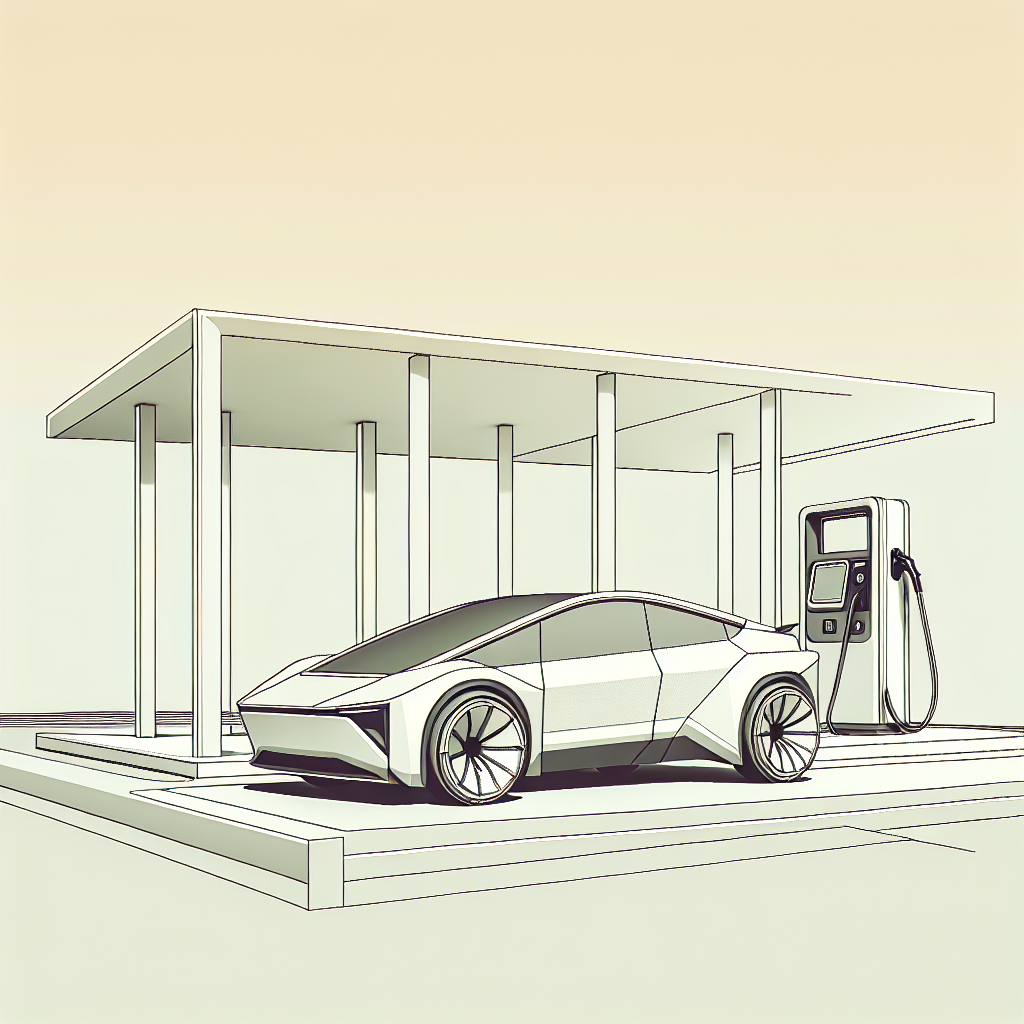A Brief History of Automobiles
The history of automobiles dates back to the late 19th century when pioneers like Karl Benz and Henry Ford revolutionized transportation with the introduction of the first mass-produced cars. From Benz’s Motorwagen in 1886 to Ford’s Model T in 1908, these early vehicles set the stage for a transportation revolution. Over the decades, automobiles have become more than just a means of transportation; they symbolize freedom, status, and technological advancement.
Key Technological Innovations in Modern Cars
Modern cars are a testament to human ingenuity and technological advancement. Key innovations include advancements in safety features such as airbags, anti-lock braking systems (ABS), traction control, and electronic stability control. Additionally, the automotive industry has seen major strides in fuel efficiency through hybrid and electric vehicles. Cutting-edge technologies like autonomous driving systems are reshaping the future of transportation.
Environmental Impact and Sustainability
Cars have significant environmental implications due to their reliance on fossil fuels. The rise of electric cars aims to mitigate this impact by reducing greenhouse gas emissions. Countries worldwide are setting ambitious targets to phase out internal combustion engine vehicles in favor of electric ones. The shift towards sustainable mobility includes the development of infrastructure for electric vehicle charging stations and incentivizing renewable energy sources for electricity generation.
Challenges and Opportunities in the Automotive Industry
The automotive industry faces challenges such as stricter emission regulations, changing consumer preferences, and disruptive technologies. Traditional automakers are adapting by investing in electric and autonomous vehicle technologies. As the industry evolves, new opportunities arise for innovative startups focusing on car-sharing platforms, connected vehicles, and advanced safety features. Collaboration with tech companies is becoming increasingly common to stay competitive in this rapidly changing landscape.
The Future of Mobility: Trends and Predictions
The future of mobility is poised for exciting developments. Trends like connected cars, on-demand mobility services, and smart infrastructure are reshaping how people commute. Electric vehicles are expected to dominate the market in the coming years, with improvements in battery technology driving increased adoption rates. Moreover, autonomous vehicles are gaining traction, with autonomous ride-hailing services already being tested in select cities.
Notes
- The first mass-produced car was the Ford Model T, which revolutionized transportation.
- Electric vehicles are projected to account for over 50% of new car sales by 2040.
- Autonomous vehicles could lead to a 90% reduction in traffic accidents caused by human error.
- The global electric vehicle market is predicted to reach $802 billion by 2027.
- Ride-hailing services like Uber and Lyft have transformed urban transportation.

